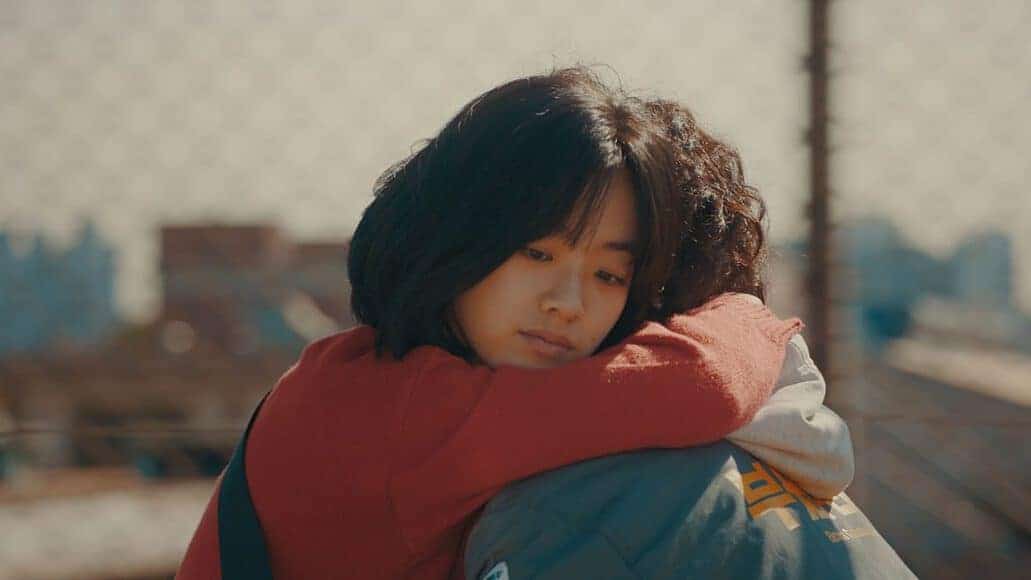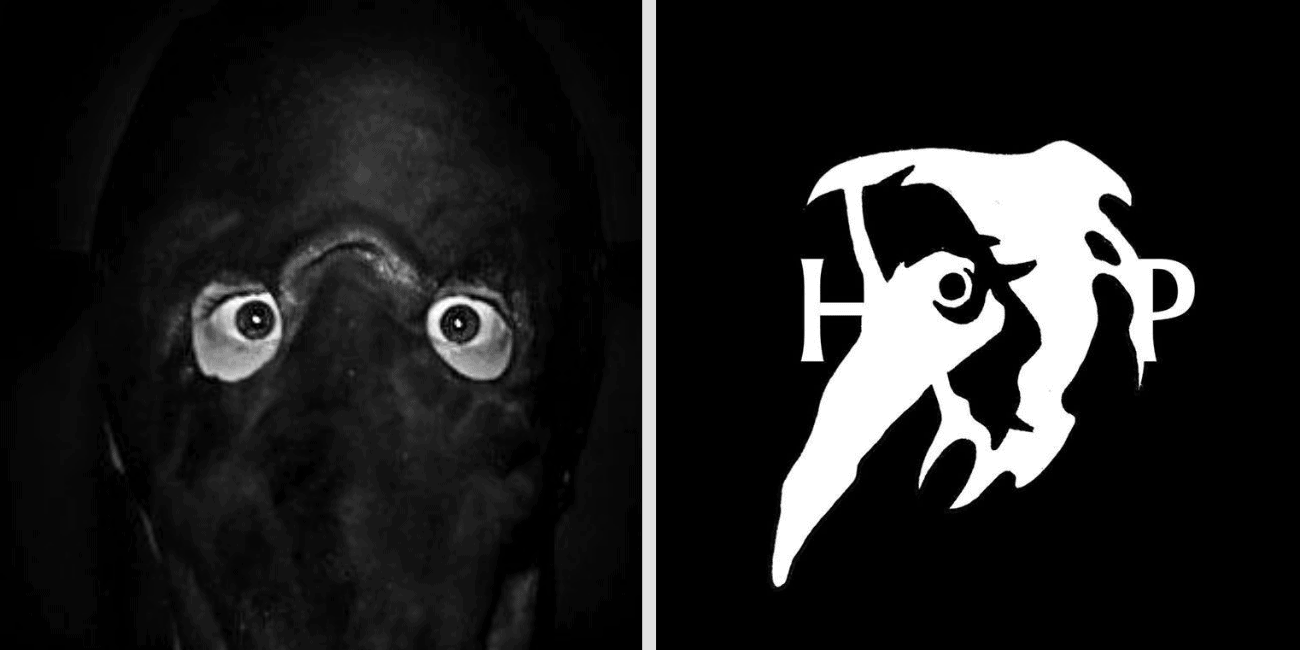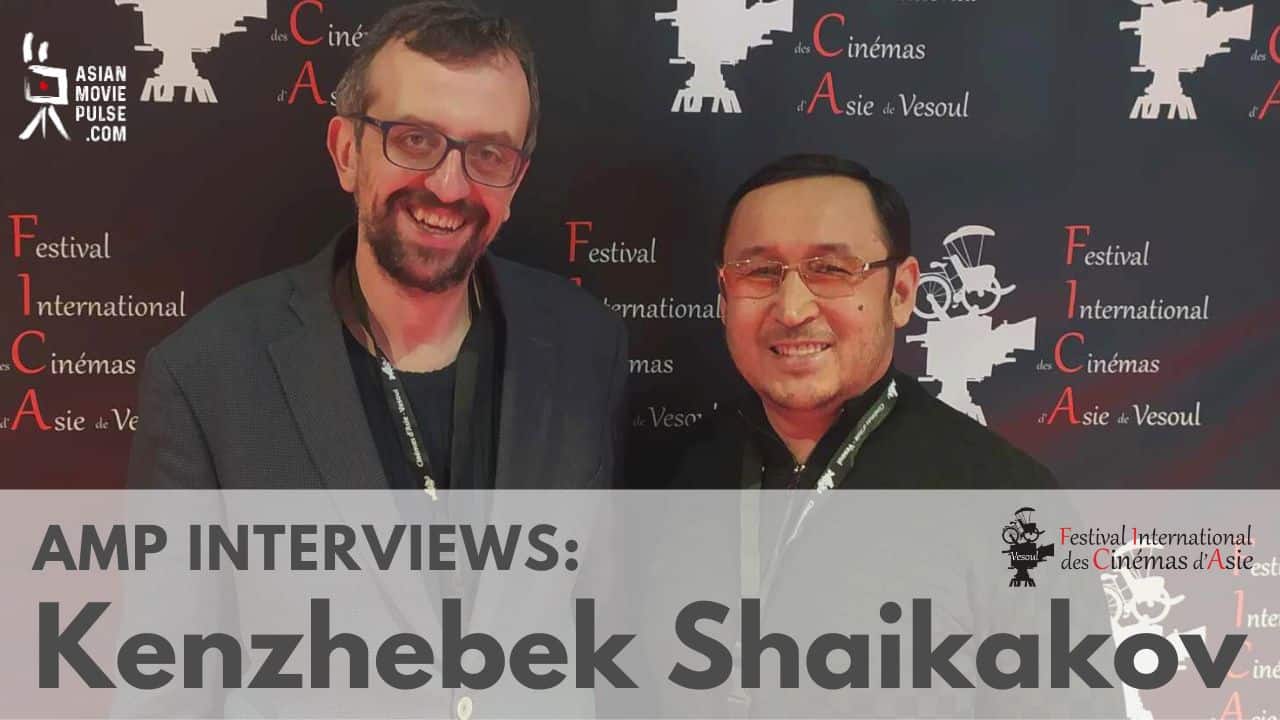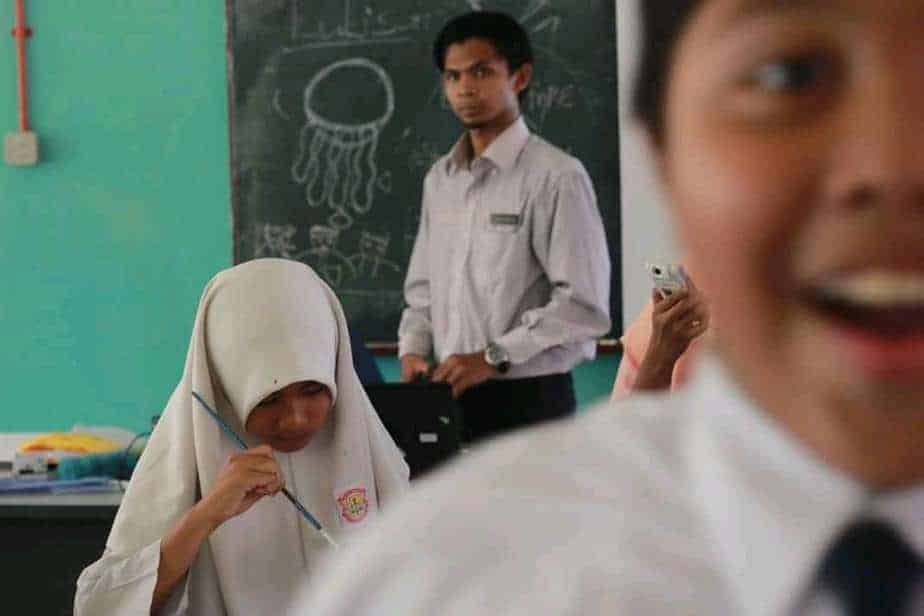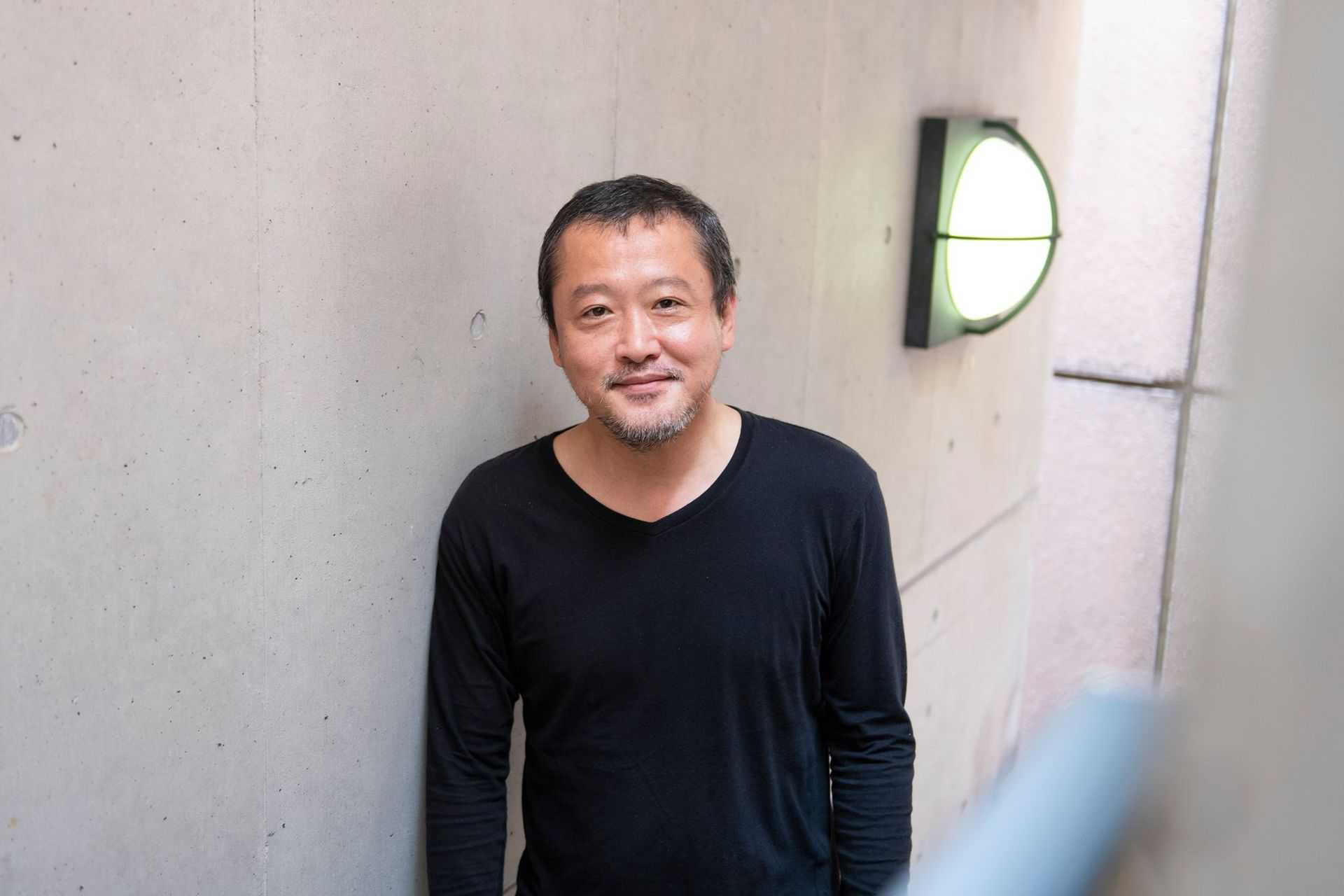Nattawut “Baz” Poonpiriya's latest feature “One for the Road” turned heads at its premiere in this year's Sundance World Cinema: Narrative Film competition. And rightly so, too: Poonpiriya's last work, “Bad Genius” (2017), broke Thai box office records upon its release. Furthermore, “One for the Road” boasts an eye-popping producer on its credits, the legendary Wong Kar-wai — known for Hong Kong classics like “In the Mood for Love” (2000) and “Chungking Express” (1994).
Now, in the spirit of a virtual Sundance, we settle down with Poonpiriya over Zoom. Poonpiriya speaks to us from Thailand; with a leafy green set-up (compared to that of the rainy Bay Area!), his easy humor is contagious. Poonpiriya gives us the lowdown of what it was like to create this deeply personal work with another superstar director, and some of the scenes that spoke out to him.
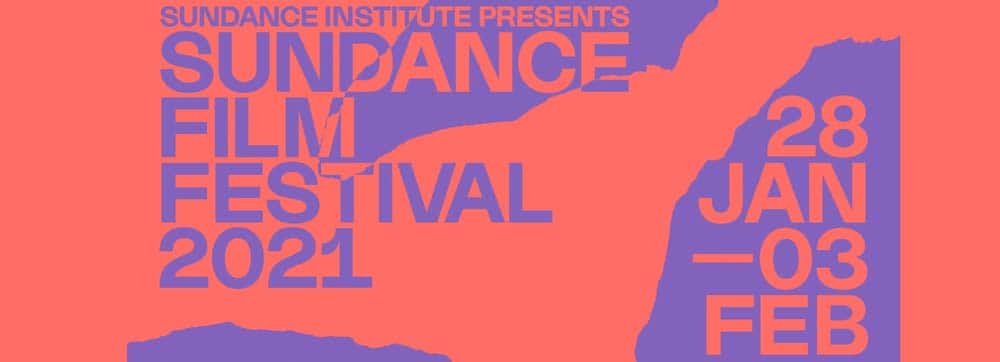
How did your project get started?
After my last few projects in 2018, the one and only Wong Kar-wai called me and said he wanted to work with me. How could I say no to that? We met in Hong Kong, and we decided to work on a project totally different from this one. We developed the story for around 9 months, until we felt that it wasn't the right story. Wong Kar-wai told me, “I don't think you believe in this story. Write something that is more you.” We finally came up with this one.
How much of “One for the Road” is inspired by your own life?
I would say — maybe 75 percent? It's not 100 percent my life — it's definitely an interpretation — but I started as a commercial filmmaker, not a feature filmmaker. I'm used to taking orders from clients, from an agency. I'm not as used to making something that came from myself. But Wong Kar-wai is a really personal filmmaker. He tried to convey that method of thinking to me. It was nice that I could be a student again.
I could sense a lot of Wong Kar-wai-esque nostalgia in this film, especially in comparison to “Bad Genius”. How much say did he have in the project?
We had meetings once a month. When we figured out what story I wanted to work on, we just talked about life [during the meetings]. We wanted to find a topic that we could both connect to. Finally, the topic of long-lost love just came up. I know it's the DNA of Wong Kar-wai's film, but it doesn't feel forced for me to explore this sort of subject matter.
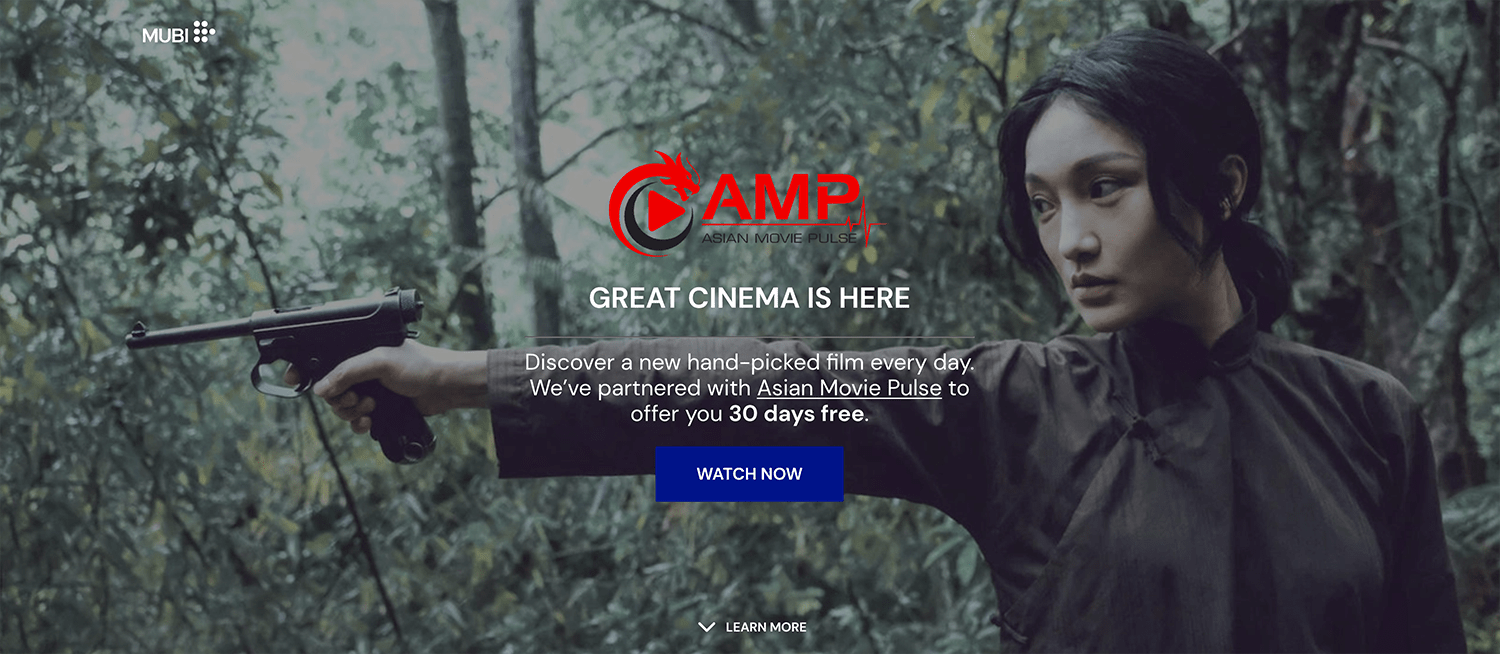
For a nostalgic film, I noticed that there's also a lot less atmosphere, and a lot more beautiful establishing shots of Thailand. How did you decide what direction to go with the cinematography?
As a filmmaker, I'm just having fun. I wonder if it's from my music video or commercial film days, but then, we were taught to capture the audience's attention. What I loved about working with Wong Kar-wai is that he gave me total control over shooting the film. He never told me how to shoot one scene or another. He told me, “Just do what you feel is right. We already agreed on the subject matter, on the film, on the story — so the rest is in your hands.” I felt this fresh freedom.
And the road movie format — so different from “Bad Genius”!
As a film lover, I love all kinds of film. However, road movies really stood out. When I lived in New York, I missed home so much. I think that's when I developed a love for the road movie — that longing, that missing — and that's why, when I got the chance to do something really personal to me, [I chose to do a road movie.]
I remember I asked Wong Kar-wai, “What day will you come to the set with me?” And he turned to me, sunglasses on, and he said, “No. You don't want me on the set. You're going to hate me more.” So he never joined me on-set. Since a master trusted me, I trusted my gut.
I noticed a tension between being a tourist and being a local — especially during the beachside scenes.
That's a really interesting term — “tension” — because when I look at this movie, I see it more as a love letter to my country. I remember when I was kid, my family had this yearly tradition to go on a road trip together. We would drive from Bangkok to the northern part of Thailand, where my father worked in Chiang Mai. So I have these beautiful memories of staying in the car; of stopping by the gas station; of traveling. I tried to convey that feeling. I also tried to convey the loneliness, the longing of being a Thai person. Though I have to tell you, I'm not really sure how this will make an audience feel. (laughs)
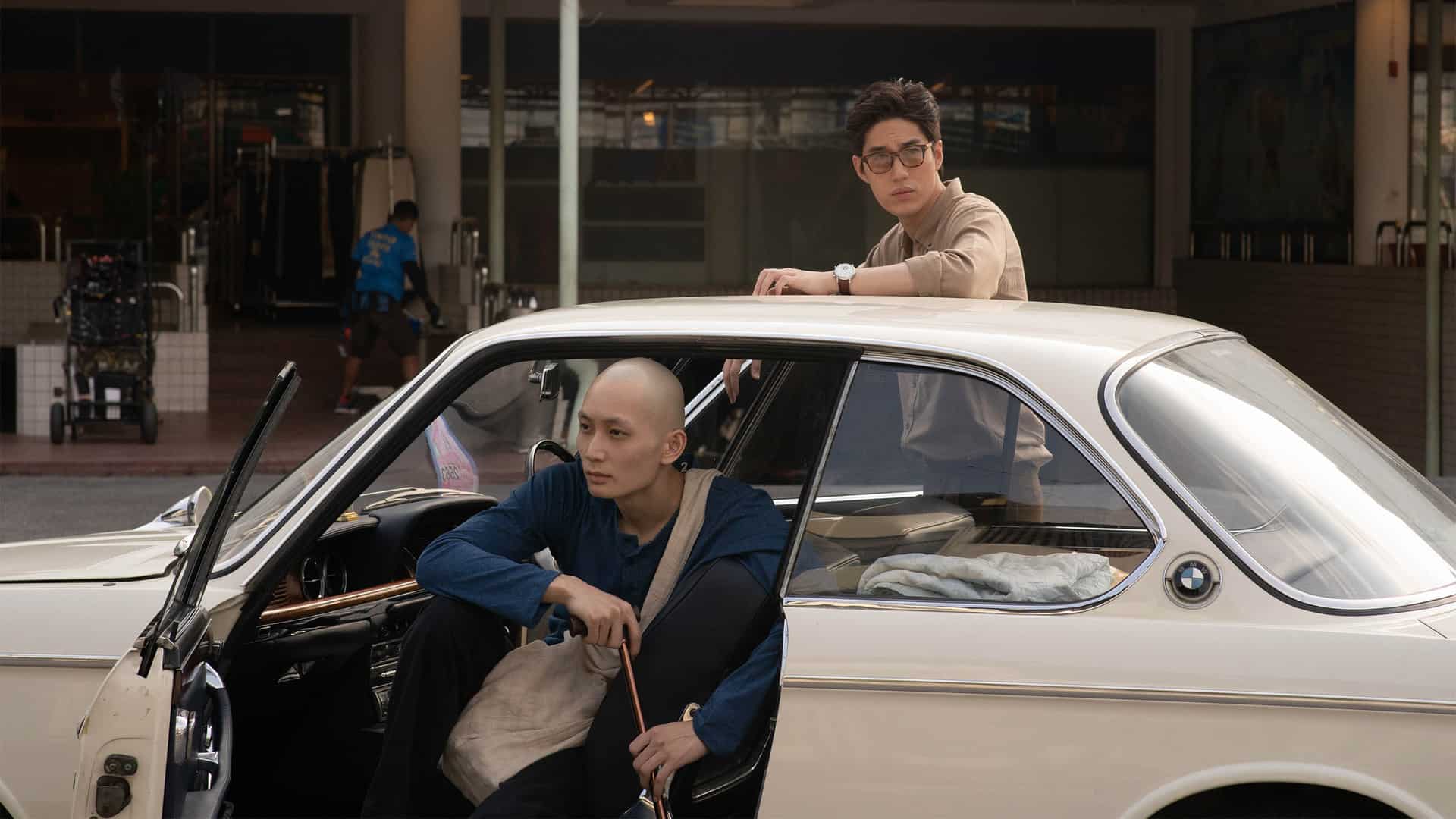
I was also surprised by the nuanced gender dynamics in the film, and the exploration of toxic masculinity.
The funny thing is that, for this film, I never thought too much about how to tell the story. I just went with my feelings for each scene. The director has to decide the harmony of the whole picture. But for [“One for the Road,”], each girlfriend is a totally different person. I had a different kind of feeling with them. I tried to tell the story from my perspective, and how I felt about each of them. It feels different.
So I guess Aood doesn't have a type?
That's the hardest question I got from the press. Maybe some of them can connect in a way, but I will look into that question and give you an answer later. (laughs)
What were some challenges you faced in production? What were some of your favorite moments?
I had such a good time shooting in Thailand. It felt like a chance to go on a road trip with my crew and actors. I found myself running into problems when I shot in New York, though. Each country has a different culture with working on a film set. In Thailand, we don't have any union — so we just go out there and shoot the film — so sometimes I don't even care how long it will take. A shoot can go as long as fifteen, eighteen hours here.
But you cannot do that in New York. I found myself having a really hard time wrapping my head around all the conditions that the New York crews had. They were really nice, but they have their own work culture.
Did your production process overlap with COVID-19 at all?
When we finished 90% of the city, Bangkok started to shut down the city in March 2019. We had a couple of big scenes that we needed to shoot. I spent my quarantine editing. Somehow, it turned out to be a really good process, so I could tell what I should do with the rest of our shooting days.
How do you feel about your online premiere at Sundance?
It's really interesting. I don't start a film thinking about awards at all; I never predict that it'll go around to a lot of film festivals. To go to Sundance though — it's such an honor. As a director, I just hope that the audience will be able to see this movie in theaters some day — when the time is right.
And finally: what are you working on next?
I need time off, but I have a couple of projects I'm working on right now. One is a Thai film project featuring John Chu. Another is with comedy — so this will be a totally different genre for me. I'm working on the two of them together.



